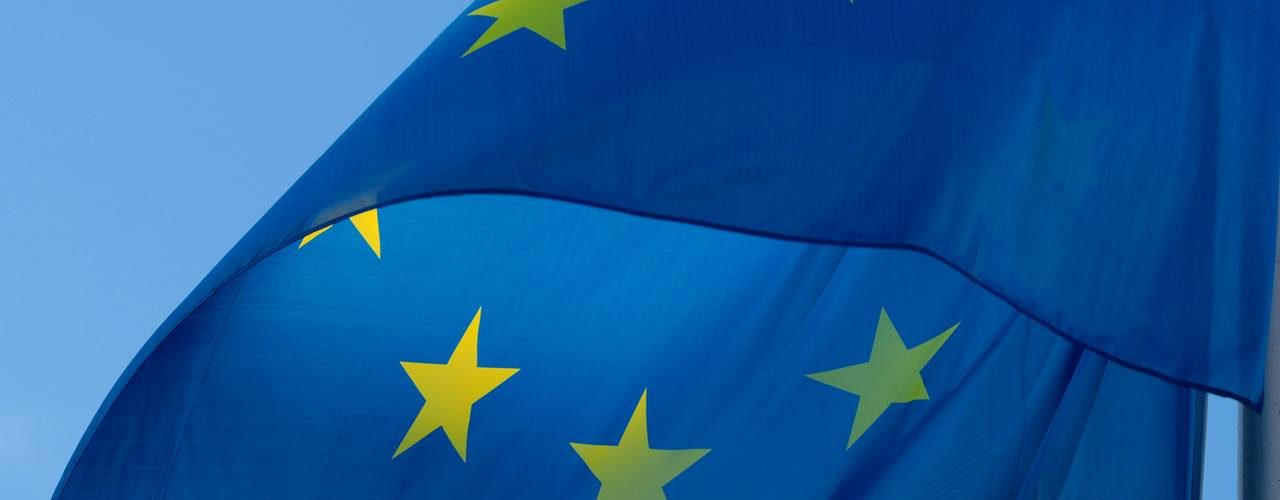The European Parliament,
– having regard to the Commission proposal to the Council (COM(2022)0039),
– having regard to Article 113 of the Treaty on the Functioning of the European Union ,
pursuant to which the Council consulted Parliament (C9-0053/2022),
– having regard to Rule 82 of its Rules of Procedure,
– having regard to the report of the Committee on Economic and Monetary Affairs
(A9-0000/2022),
1. Approves the Commission proposal;
2. Asks the Commission to carry out an assessment of the effects of the reverse charge
mechanism before any further extension of its application period;
3. Calls on the Council to notify Parliament if it intends to depart from the text approved
by Parliament;
4. Asks the Council to consult Parliament again if it intends to substantially amend the text
approved by Parliament;
5. Instructs its President to forward its position to the Council, the Commission and the
national parliaments.
EXPLANATORY STATEMENT
As a general rule, Article 193 of the VAT Directive stipulates that the taxable person
supplying goods or services is liable to pay VAT.
As a derogation, the reverse charge mechanism allows to designate the recipient of the supply
as the person liable for the payment of VAT.
Under this reverse charge mechanism, VAT is not charged by the supplier but accounted for
by the customer (a taxable person) in his VAT return. This VAT is then deducted in that same
VAT return and, therefore, insofar this person has a full right of deduction, the result is nil.
The reverse charge mechanism is used to combat fraud and in particular Missing Trader IntraCommunity fraud.
The reverse charge mechanism based on Article 199a of the VAT Directive is optional for
Member States to apply. It allows them to fight this type of fraud in the pre-defined sensitive
areas where it typically occurs on their territory.
The Quick Reaction Mechanism of Article 199b is an exceptional measure allowing Member
States to introduce quickly, in cases of imperative urgency, a temporary reverse charge
mechanism for supplies of goods and services in sectors where sudden and massive fraud
occurred and which are not listed in Article 199a of the VAT Directive.
Article 199a of the VAT Directive was introduced for the period 2010 until 30 June 2015 and
was a first time extended, with amendments, until 31 December 2018.
Article 199b of the VAT Directive was introduced for the period 2013 until 31 December
2018.
Both Articles 199a and 199b of the VAT Directive were then subsequently extended until 30
June 2022.
The VAT Directive explicitly requested monitoring by Member States of the reverse charge
mechanism and reporting to the Commission. Moreover, the Commission was requested to
present an overall assessment report on the effects of the reverse charge mechanism by 1
January 2018.
The current proposal contains two components:
• Firstly, to delete all monitoring and assessment requests of the Reverse Charge
Mechanism.
• Secondly, to ask for a further extension by the end of 2025 of Articles 199a and 199b of
the VAT Directive (i.e. Reverse Charge Mechanism and Quick Reaction Mechanism).
In the Commission views, until end of 2025 seems to be a reasonable period in order to allow
Council negotiations on the definitive VAT system to come to an end.
There is urgency to move to a definitive VAT system based on the principle of taxation in the
country of destination. The Commission therefore considers appropriate to prolong the
measures included in Articles 199a and 199b until 31 December 2025.
Your Rapporteur agrees with the extension of the measures until 2025. However, in case by
the end of 2025 neither the definitive system nor the VAT in the digital age rules would be in
place, your rapporteur considers that it would be of the utmost priority to assess again the
Reverse Charge Mechanism before any further extension.
Source: europarl.europa.eu














